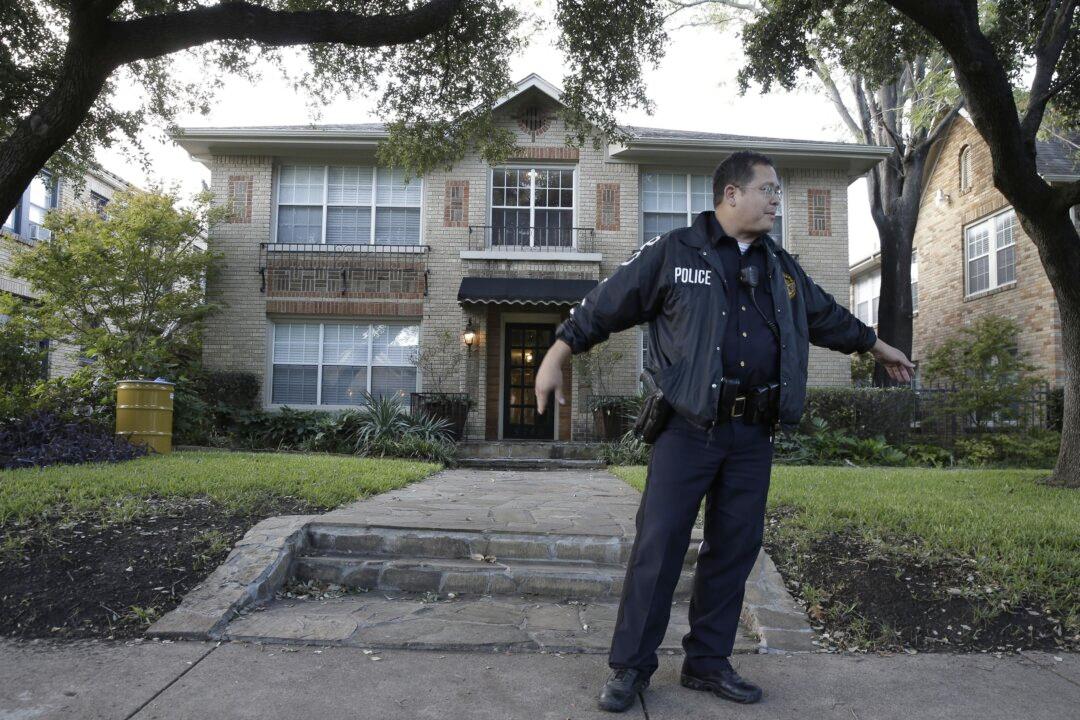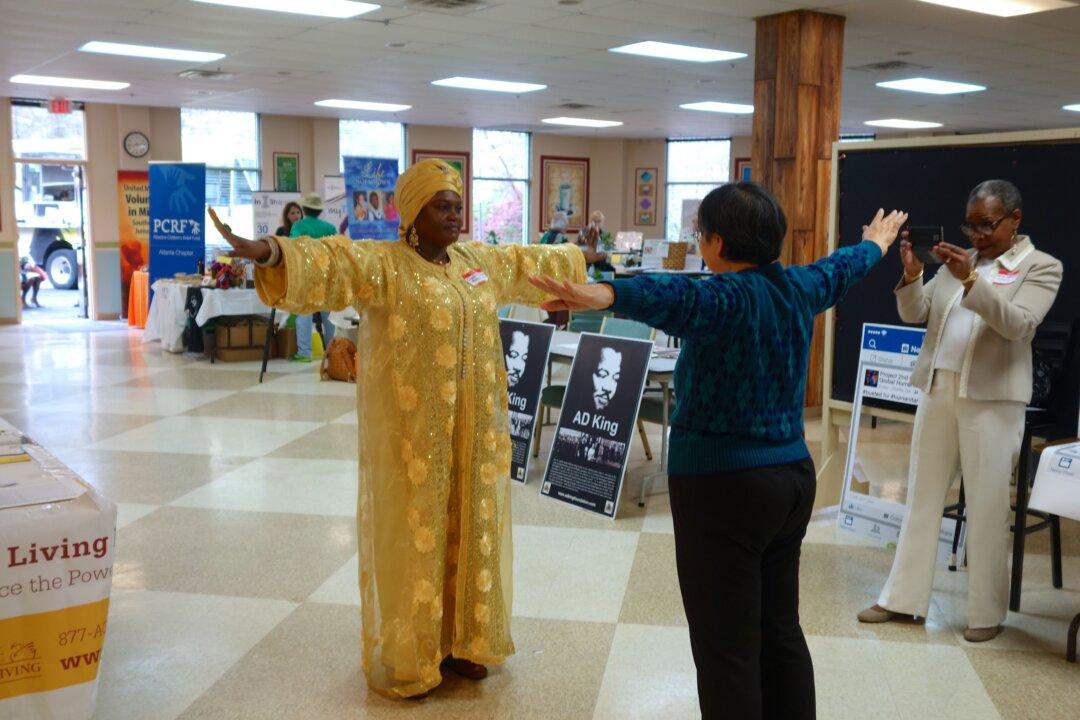It happened. An American became infected with Ebola in America. According to the Centers for Disease Control, the hospital where an Ebola patient was treated must have made some kind of mistake. But no one has identified what that mistake was.
An unnamed Texas health care worker tested positive for Ebola even though she wore full protective gear while caring for a hospitalized patient who later died from the virus, health officials said Sunday.
Dr. Tom Frieden, head of the CDC, said the diagnosis shows there was a clear breach of safety protocol and all those who treated Thomas Eric Duncan, who died of the illness Wednesday, are now considered potentially exposed.
Doctors Without Borders recommends that health workers who treat Ebola patients should have a dedicated dresser to help them into and out of protective gear, according to Dr. Jane Orient. One should wear two layers of gloves—two layers of everything—and the dresser should spray and disinfect each layer before taking off the next layer. Orient is president of Doctors For Disaster Preparedness.
Few Containment Units
The World Health Organization (WHO) has said such patients should be cared for in a separate containment unit, yet there are few of those in the country, according to Orient. Even the largest one, the Nebraska Biocontainment Patient Care Unit in Omaha, can only hold 10 people.
“We are not doing what is recommended by the WHO,” said Orient. She doubts whether we even can do everything the WHO recommends. “If we have more cases we may not be able to follow its recommendations.”
She believes we should not allow anyone from the Ebola outbreak areas in West Africa to come here. Quarantine is necessary, in her expert opinion. “I agree with the brave Dr. Mobley who walked through the Atlanta airport in a hazmat suit, saying, ‘Don’t let anybody else in,’” said Orient. “We have our hands full right now.”
Dr. Gil Mobley, a microbiologist and emergency trauma physician from Springfield, Mo., checked in for a flight at Hartsfield-Jackson airport on Oct. 2 wearing protective gear with “the CDC is Lying” written across his back. He also said the risk of Ebola spreading here has been downplayed.
The incubation period for those who came into contact with Duncan is not over, and the health care worker who was infected starts a new clock.
The people who had contact with him went into the community. Most are being monitored but not quarantined. Some are self-monitoring.
Hazmat Crew
Duncan used sheets and towels. Washing such fabrics in hot water with bleach is effective at eliminating the virus, according to Orient, but there is risk in how they are handled before they are washed.
A hazardous materials crew arrived Sunday to begin decontaminating the residence of the infected health worker.
Brad Smith with Fort Worth-based CG Environmental—Cleaning Guys said a crew of about 15 will start scrubbing the exterior of the apartment building where the unidentified health care worker lives.
Smith said he expects to begin work inside the apartment building Monday.
His company previously decontaminated the Dallas apartment where Duncan stayed prior to his hospitalization and also cleaned parts of Texas Health Presbyterian where Duncan was treated.
Monitoring
Texas health officials have been closely monitoring nearly 50 people who had, or may have had, close contact with Duncan in the days after he started showing symptoms.
The health care worker reported a fever Friday night as part of a self-monitoring regimen required by the CDC, Varga said. He said another person is in isolation, and the hospital has stopped accepting new emergency room patients.
“We knew a second case could be a reality, and we’ve been preparing for this possibility,” said Dr. David Lakey, commissioner of the Texas Department of State Health Services. “We are broadening our team in Dallas and working with extreme diligence to prevent further spread.”
Calls, Fliers
Dallas officials knocked on doors, made automated phone calls and passed out fliers to notify people within a four-block radius of the health care worker’s apartment complex about the situation, though they said there was no reason for neighbors to be concerned.
Dallas police officers stood guard outside the complex Sunday and told people not to go inside. One said an industrial barrel outside contained hazardous waste taken from inside the building. Nearby residents periodically came out of their homes to ask about the commotion.
The Associated Press contributed to this report.





